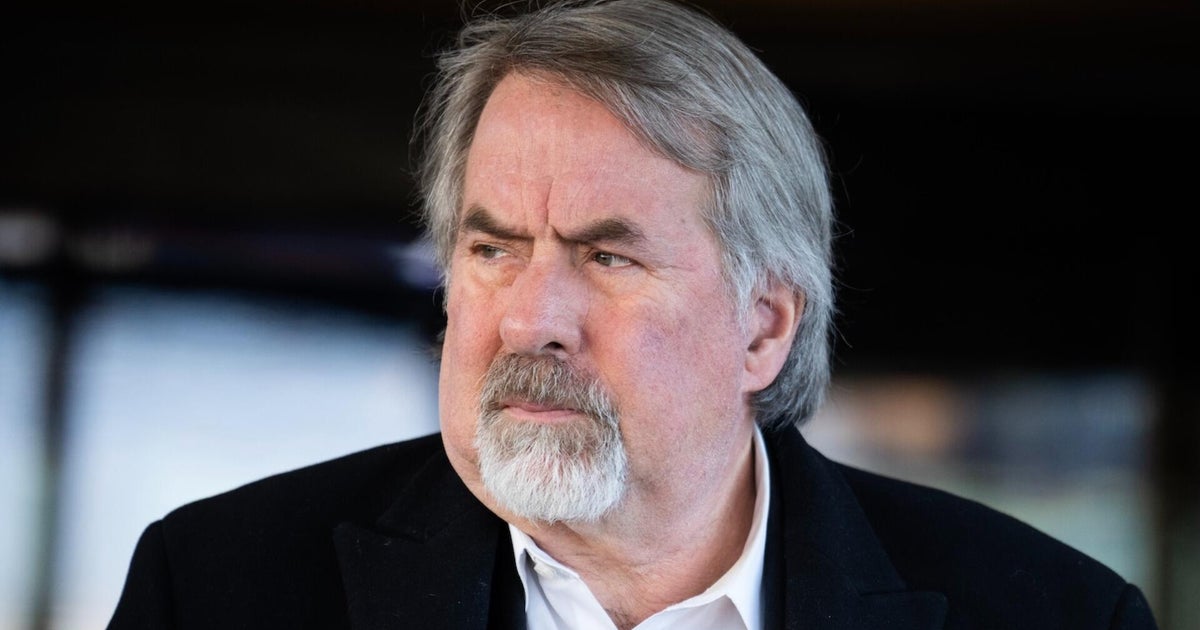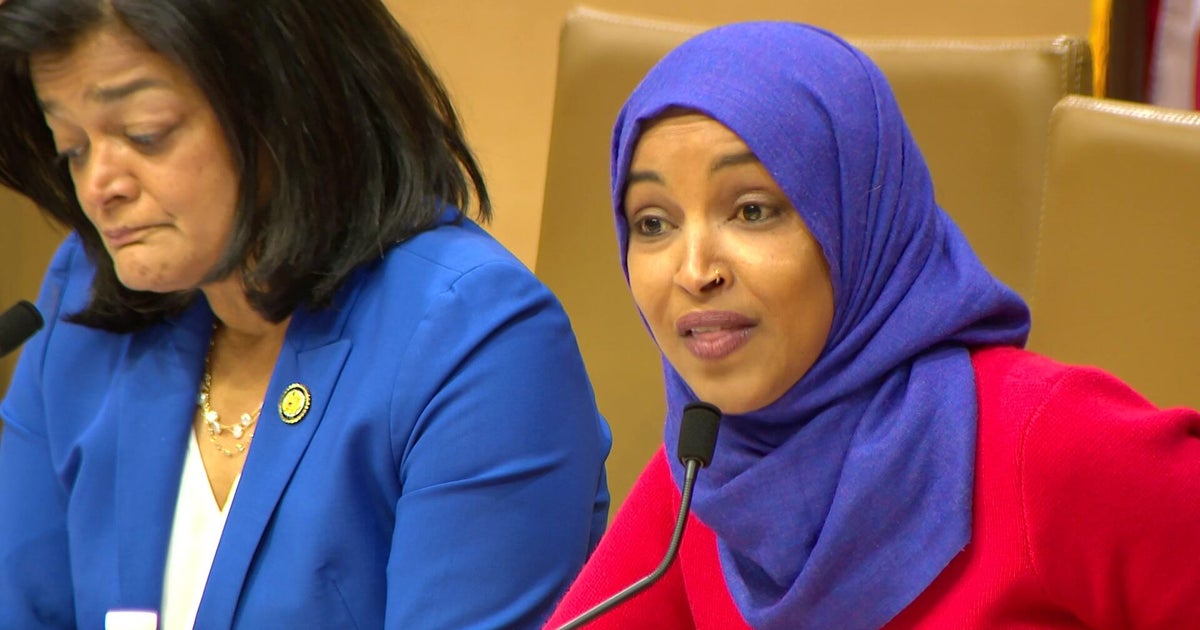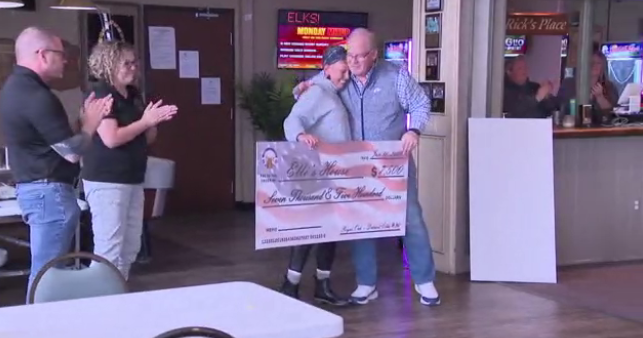California Gov. Gavin Newsom signs bills to help boost homebuilding, expand housing for homeless residents
Gov. Gavin Newsom announced new action to address homelessness and expand affordable housing Thursday morning as he signed multiple pieces of legislation in San Francisco's Mission District.
Newsom talked about the new statewide efforts on affordable housing and mental health as he was flanked by state and local leaders, along with construction workers at the La Fenix affordable housing development on Mission Street.
"This Legislature in the last four, five, six years, has done more arguably, than the last four, five, legislatures have done in the last 30, 40 or 50 years to address this crisis," Newsom said.
Among the legislation signed by Newsom Thursday included Assembly Bill 1893 by Assembly member Buffy Wicks (D-Oakland) and Senate Bill 1037 by state Sen. Scott Wiener (D-San Francisco), which are aimed at boosting homebuilding and penalizing jurisdictions that violate state housing laws.
"We've never provided more support at the local level, but local government needs to do their job. They need to provide that support and that housing. They need to get people off the streets and sidewalks. People are dying on their watch," Newsom said. "We continue to struggle with accountability. We continue to struggle with transparency. For those who turn their back on this crisis, we're turning up the heat."
In his remarks, the governor criticized the city of Huntington Beach in Orange County, which the state previously sued for violating the state's housing element law, which requires local governments to plan for the housing needs of residents of all income levels.
"They continue to lose decision after decision after decision. They abuse the process, they abuse the law, and now we will enforce aggressive fines," Newsom said of Huntington Beach. "Enough is enough."
Newsom also announced the Homekey+ program, which will offer up to $2.2 billion in funding to build permanent supportive housing for veterans, as well as those experiencing mental health or substance use disorders. The program builds upon the California's Homekey model that was used to acquire existing buildings to convert into affordable housing.
Funding for the program will be provided by Proposition 1, a measure narrowly approved by voters in March that would issue $6.4 billion in bonds to tackle homelessness and mental health.
Newsom said the money will help create more than 4,000 new supportive housing units that will offer shelter and services to people experiencing homelessness, with much of the housing reserved for veterans.
The moves follow Newsom's July executive order to remove homeless encampments in California, following a U.S. Supreme Court decision that allowed cities to enforce bans on sleeping outside in public spaces.
San Francisco resident Paul Walker recently moved into Le Fenix after struggling to find permanent housing for more than 15 years. One gunshot changed Walker's life forever. He says he was a bystander when he was struck by a bullet in a gang shooting.
"I was shot through the chest. It went straight to my spine, broke my back, and left me paralyzed," he explained.
Since that day, finding a job and permanent home has been difficult. He has stayed with friends, going from couch to couch.
"It's always been a challenge finding anything in the Bay Area," he said.
Another bill Newsom signed was AB 3093, which requires local municipalities to plan housing for acutely low and extremely low income households, making up to 15%, and up to 30% of the area's median income.
In the Mission District, making 30% of AMI would be about $50,000 a year. Le Fenix provides housing for households with incomes between 45% and 60% AMI.
"I believe I was quite low down on the lottery position for this, but somehow the stars aligned and it worked," said Walker.
He's using disability benefits to pay for rent he says is "manageable." Having stable housing has provided him with some peace of mind.
"It's been phenomenal to have that independence and have my own place," he said.
Walker says he will stay in his new place for the rest of his life, as long as he qualifies.







